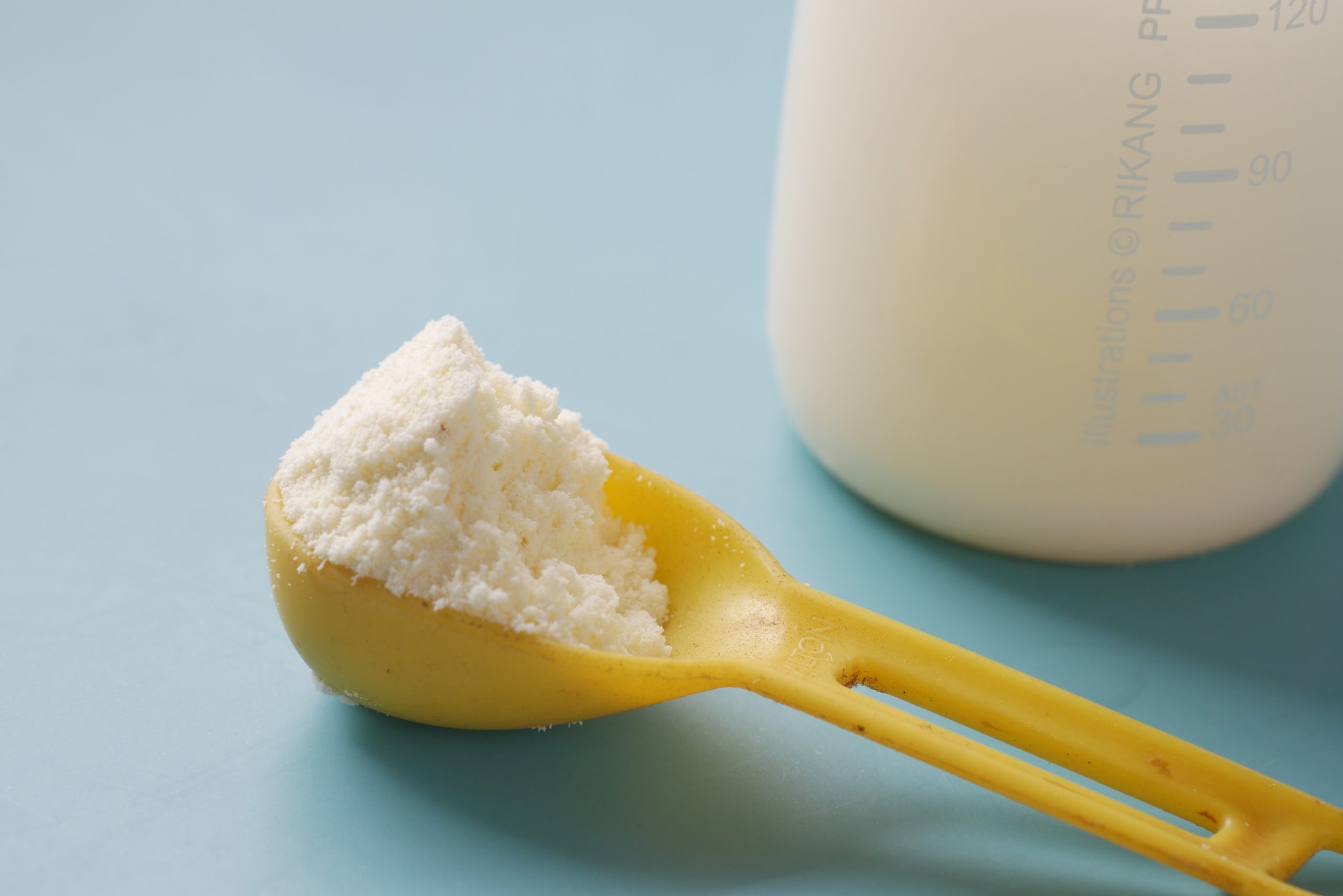Vitiligo, ADHD, chronic pains, aging skin and depression. What do these have in common? Research seems to suggest that phenylalanine can be a possible treatment. With a long list of speculated health benefits, phenylalanine has grown in popularity. But, just how effective is it?
What Is Phenylalanine?
Phenylalanine is an amino acid. These are molecules bound by proteins. It is an essential amino acid, as the body cannot synthesize its own phenylalanine. This means that one needs to ingest it in the diet. There is a wide range of foods that are high in this nutrient. However, the supplement version seeks to provide a convenient, easily accessible option.
There are two types of phenylalanine, namely, L-Phenylalanine and D-phenylalanine. While these may seem similar, they aren’t. They are actually different and can carry a wide range of health benefits.
L-Phenylalanine: As a common and stable isomer, it is naturally found in food sources. These include eggs, chicken, liver, beef, and strawberries. Aside from its health benefits, it’s useful for the synthesis of flavonoids in foods.
D-Phenylalanine: A more uncommon isomer due to its unstable nature. Because of this, labs have to manufacture it. One of its uses is acting as an enzyme inhibitor, deactivating enkophalines. These are naturally occurring, morphine-like peptides that work to reduce pain.
Importance of Phenylalanine
1. The Production of Other Molecules
Dopamine Production: Studies show that increased phenylalanine leads to an increase in dopamine levels. Dopamine is one of the most popular neurotransmitters. It plays a huge role in mood regulation, motivation, reward, and cycles of addiction. When the body has low phenylalanine levels, dopamine levels significantly drop. This leads to dopamine deficiency. Symptoms range from a lack of motivation and being anxious/moody, to hand tremors and problems with short-term memory.
Tyrosine Production: Tyrosine is a nonessential amino acid that may improve mental performance in stressful situations. Hydroxylation of phenylalanine in the liver forms tyrosine when intake is low. It is essential for the production of other neurotransmitters. Although rare, tyrosine deficiency causes low blood pressure, body temperature, and an underactive thyroid. When not treated, it can also lead to a range of negative mental health effects, including depression.
Epinephrine and Norepinephrine Production: After metabolizing phenylalanine into tyrosine, L-DOPA converts into these two neurotransmitters. They are very important in your body’s natural fight-or-flight response. They influence various parts of your body and stimulate your central nervous system.
• Epinephrine (Adrenaline): Increasing blood sugar, heart rate, and contractility, and relaxing smooth muscles in airways to make breathing easier.
• Norepinephrine: Narrows blood vessels, and increases blood flow
A deficiency of these can manifest as anxiety, depression, fibromyalgia, migraines, and sleep disorders. More commonly, a lack of epinephrine and norepinephrine are factors in Parkinson’s disease and schizophrenia.
2. May Reduce Symptoms of Depression
With more research required, studies have found that Phenylalanine contains mood-boosting properties. A study published in the Journal of Neural Transmission reported that 75-200 mg of DL-phenylalanine per day had improved multiple depression symptoms. Another study found that it reduced symptoms of depression in 90% of the participants.

How Safe Is It?
Phenylalanine as a supplement is relatively safe. Studies show that it is well tolerated in doses up to 45 mg per kg. However, people with certain conditions should completely avoid taking this supplement. These conditions include:
- Schizophrenia: In people affected by this condition, phenylalanine causes tardive dyskinesia. This disorder is characterized by involuntary, repetitive movements. Affecting the nervous system, symptoms include lip smacking, excessive eye blinking, facial grimacing, and writhing movements.
- Phenylketonuria (PKU): This is an inherited disorder that is a form of phenylalanine hydrolyzed deficiency. Phenylalanine build-up occurs due to the body not breaking it down. This buildup can be extremely dangerous. If untreated, PKU can cause mental disabilities, seizures, and developmental delays. Those affected by this are advised to not consume aspartame. This is an artificial sweetener made up of phenylalanine and aspartic acid, which we find in phenylalanine.
Where Can You Find It?
We can obtain phenylalanine from a wide range of food. This includes both plant-based and animal-based protein sources. Health advisors suggest that you consume a variety of nutrient-dense proteins. As opposed to filling your plate with high-phenylalanine foods, this is a better option. Foods you should prioritize consuming include:
- Fish
- Peanuts
- Eggs
- Soybeans
- Grains
- Milk
- Cheese
Consult Your Doctor First
Those who are currently using antidepressants or psychiatric medications are encouraged to not take these supplements as they may cause adverse effects. Side effects of this supplement include:
- Itching
- Swelling of the face or hands
- Heartburn
- Fatigue
- Brain damage
- Nausea
- Seizures
Ideally, you should be obtaining your amino acids from your food. However, if you decide to take a phenylalanine supplement, you should consult your doctor. This will help ensure that they give you the appropriate dosage, and advise whether taking them is actually a wise option.





![women [longevity live]](https://longevitylive.com/wp-content/uploads/2020/01/photo-of-women-walking-down-the-street-1116984-100x100.jpg)









